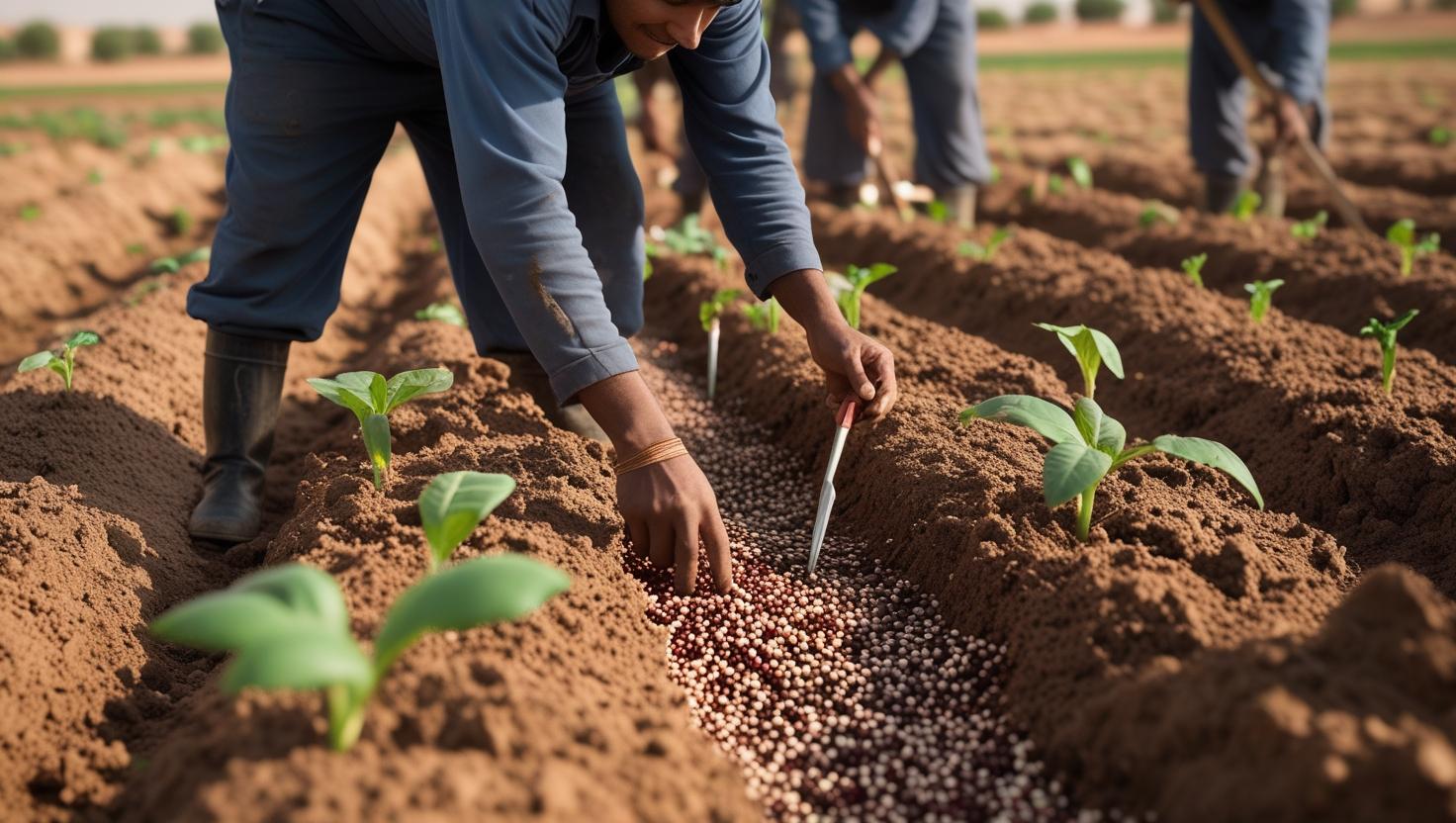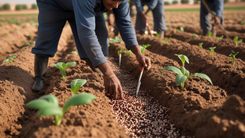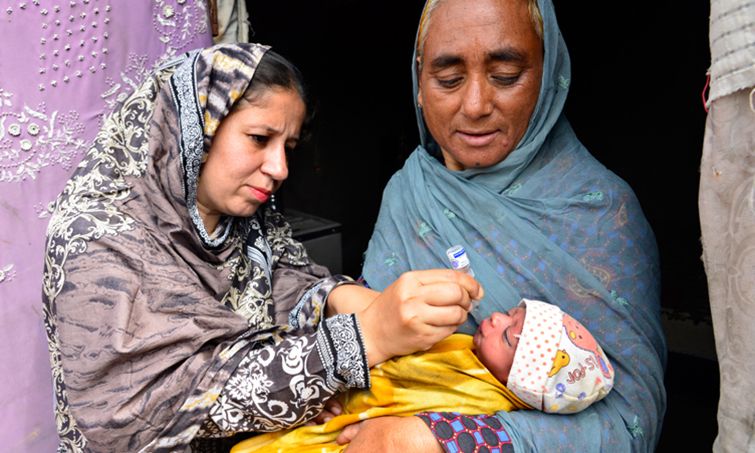Latest updates
THE CHASE
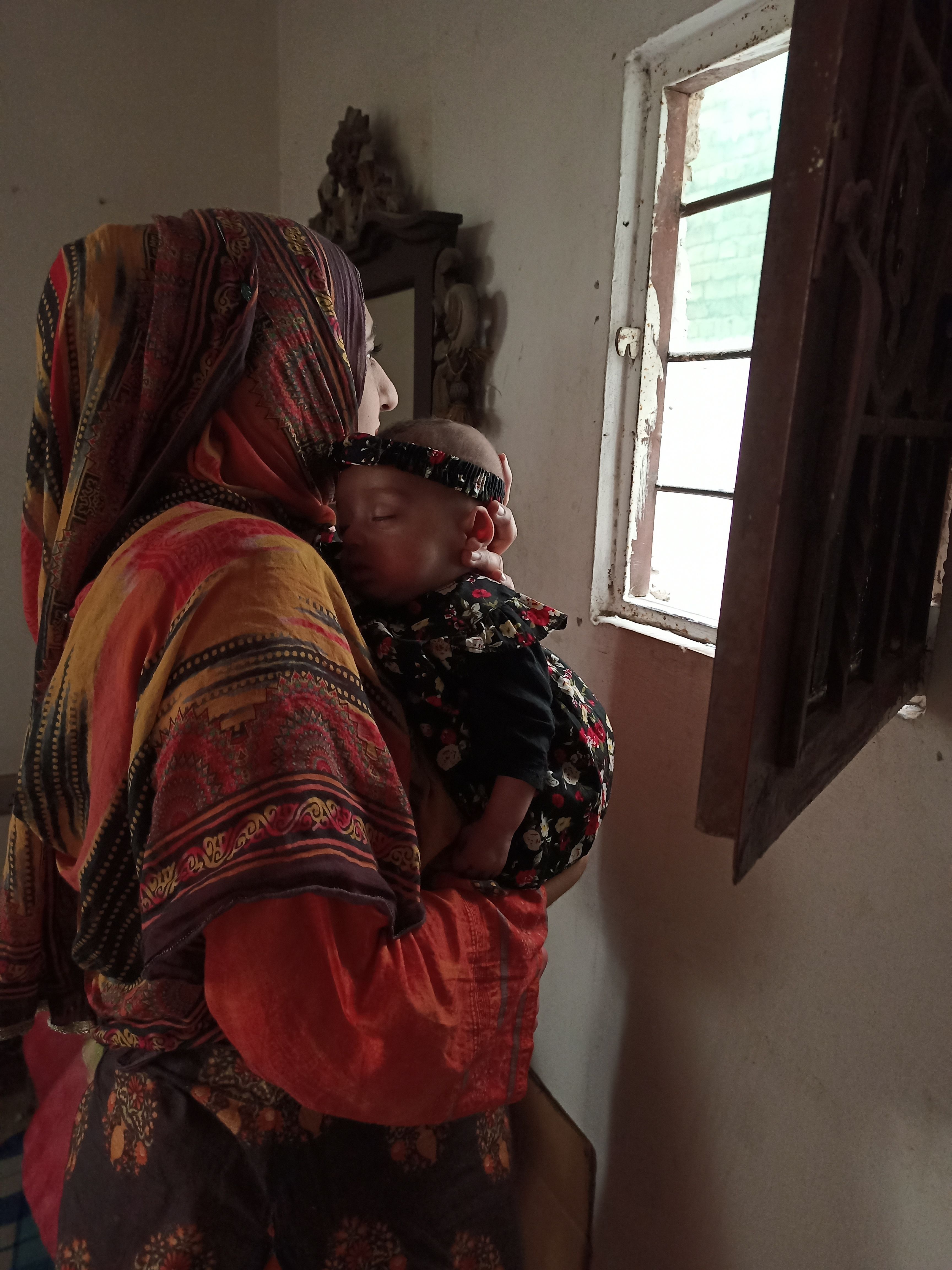
Looking out the window, Ayesha wakes up every day with a new dream, new hope.
Dive into the world of Ayesha Reza, a courageous polio survivor, who is committed to eradicating the virus from the lives of under-5 children in Pakistan.
Lahore – the legendary city of conquering emperors and one of the last vestiges of Mughal culture and grandeur, echoing through a 30-feet high gigantic wall and thirteen gates that surround the old city.
One of these gates lead out into a suburb town of Ghaziabad where the protagonist of our story – Ayesha Reza – lives with her husband and daughter.
To meet this brave polio survivor and follow her journey as a dedicated polio health worker, we squeezed through a honeycomb of narrow and cacophonous streets of Ghaziabad. Greeted by the quintessential sight of careless bikers, carefree children, loafing dogs, and hungry cats, we reached a solitary two-storey house in a dead-end street.
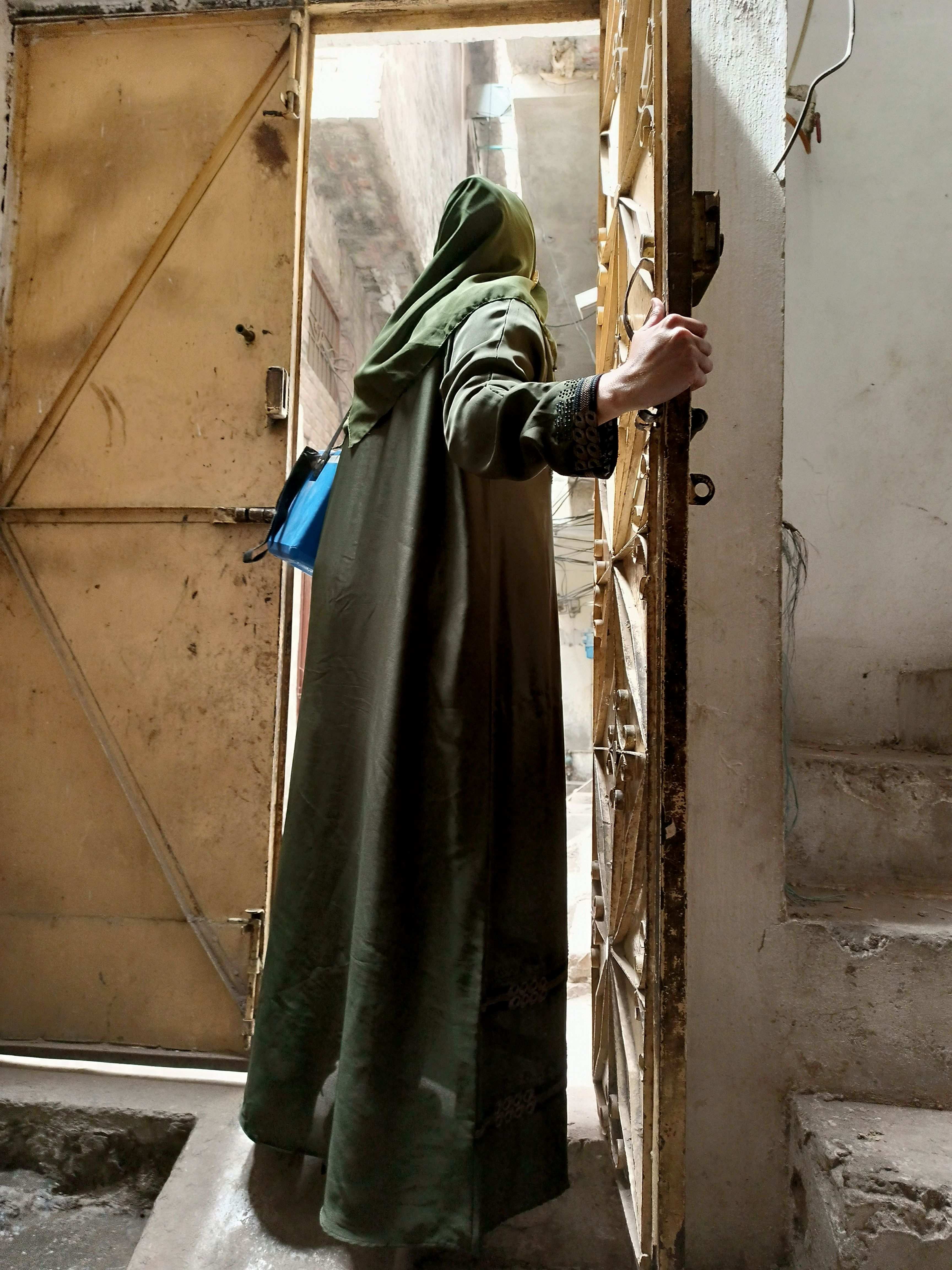 Despite her physical limitations, Ayesha makes sure that she does not miss a single day at work.
Despite her physical limitations, Ayesha makes sure that she does not miss a single day at work.
“Walking down these busy bustling streets is a way of life for me. I get ready for work every day by 7:30 am, slightly earlier if it’s the immunization day,” Ayesha told smilingly in her open-air veranda.
It was the summer of 1988 when Ayesha, only two years old, woke up with high grade fever and terrible weakness in her left leg. Considering it a common occurrence among children of her age, Ayesha’s parents treated her with regular over-the-counter medicines and herbal teas.
But when the stubborn fever refused to subside, leaving Ayesha’s left limb weaker than before, her father rushed her to a nearby hospital, without suspecting the chance of a life-threatening disease hitting his daughter. After medical tests, Ayesha was diagnosed with polio.
"My parents had not heard of polio before. In 1988 the awareness about polio was almost non-existent. There was no vaccine either. But when the doctor explained it to my parents, they were obviously very worried. I’m sure they couldn't bear the thought of their daughter unable to walk normally for the rest of his life," Ayesha said.
Ayesha was completely paralyzed in the beginning but with available treatment she gained some stability and strength at the age of 5. She started her schooling at the age of 6, but her mother's failing health forced her to discontinue her education beyond matric.
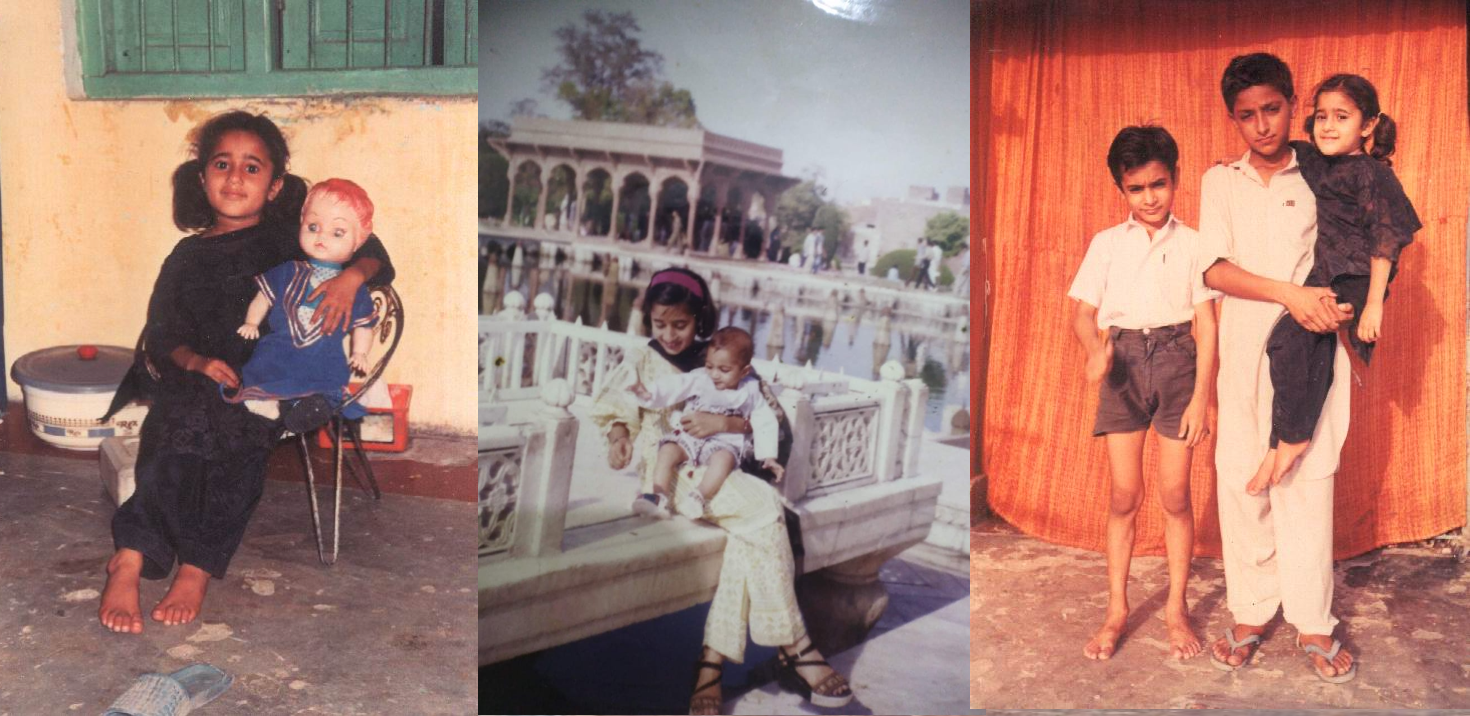 Ayesha flashbacks at her childhood that was different from the rest of her siblings and children in the family and neighborhood.
Ayesha flashbacks at her childhood that was different from the rest of her siblings and children in the family and neighborhood.
Ayesha, now 38, grew up facing discrimination and jeering remarks because of her unusual walking style, but she stood her ground and pushed ahead. Ayesha recalls, “Growing up with polio is not easy for any child. Besides being physically dependent on others, this disease breaks you emotionally and spiritually too. But now I’ve learnt to use it as my strength.”
A part-time seamstress, Ayesha found her true calling after marriage in 2013 when her father-in-law showed her openings in the Punjab Health Department. She immediately applied and was inducted into the Dengue Surveillance Team and later made it as a polio vaccinator.
Pakistan is one of the two South Asian countries where children below five are at risk of contracting the debilitating, highly infectious polio virus that can lead to paralysis and death. The massive polio eradication program, constituting country wide campaigns spearheaded by nearly 300,000 health workers and vaccinators, is one of the largest public health programs in the world that is tackling the global emergency of polio virus head-on.
The Islamic Development Bank and its donor partners such as Bill & Melinda Gates Foundation, Abu Dhabi Fund for Development, Islamic Solidarity Fund, King Salman Humanitarian Aid and Relief Centre and Qatar Fund for Development, are playing a pivotal role in the Polio Eradication Initiative by the Government of Pakistan.
With critical polio financing, worth US$ 160 million, through the Lives and Livelihoods Fund, these global partners have brought over 500 million oral poliovirus vaccines (OPVs) for 43 million under-five children to their doorstep. The assistance has also set vital immunization and awareness raising activities in motion throughout the country.
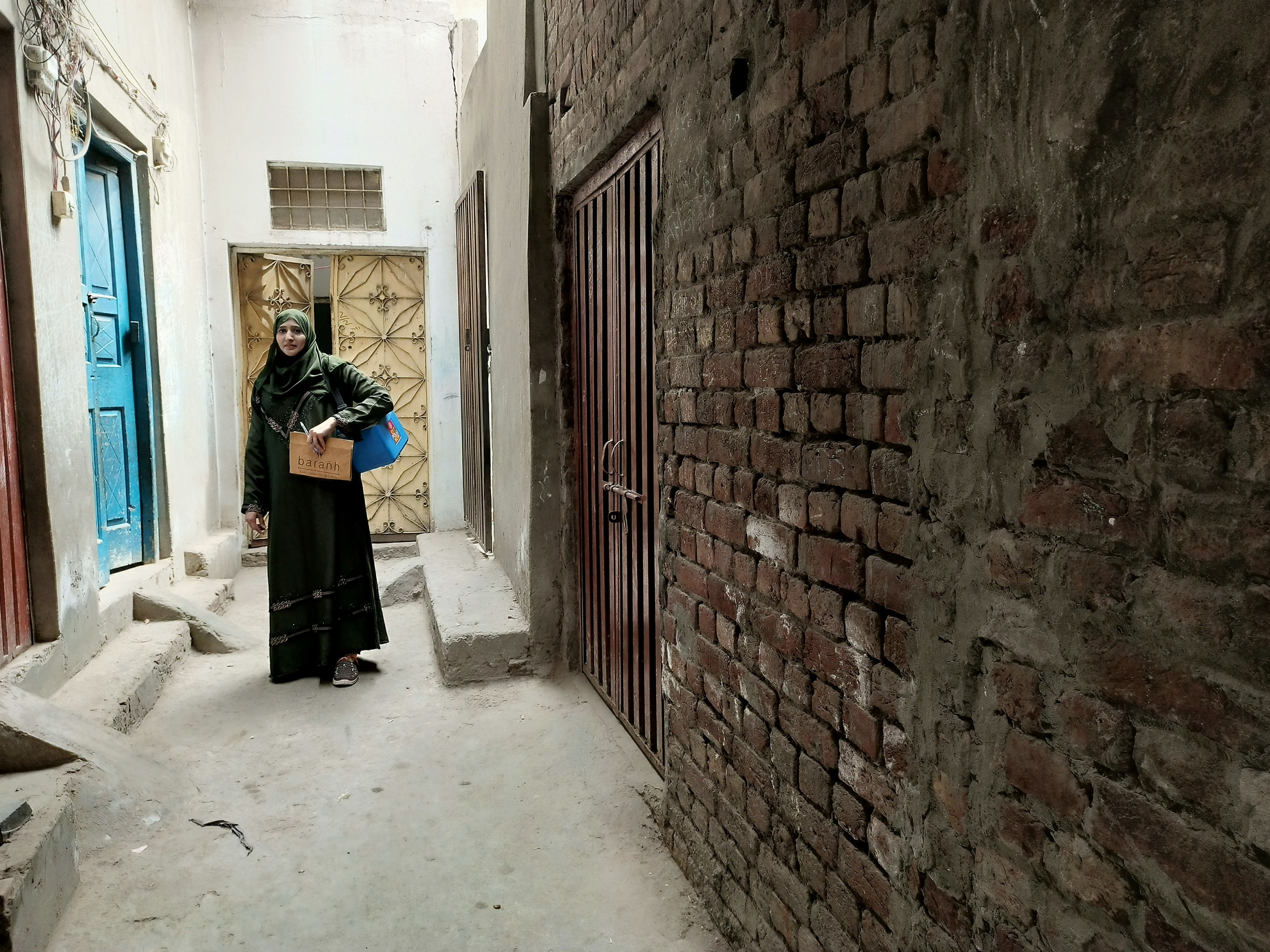 One family at a time: Ayesha’s work motto as she waits outside a house during door-to-door polio vaccination campaign.
One family at a time: Ayesha’s work motto as she waits outside a house during door-to-door polio vaccination campaign.
“I go from house-to-house raising awareness about polio and vaccinating children under the age of five,” tells Ayesha. “The bulk of my work is debunking old wives’ tales about polio vaccines. Parents are always hesitant, but sometimes they get aggressive, and for our safety and security we call in senior officials and police.”
 Children receiving free polio vaccine from their favorite Aunty Ayesha in the street.
Children receiving free polio vaccine from their favorite Aunty Ayesha in the street.
“A lot of time I use my condition to demonstrate to parents what their children might suffer if they don’t get them vaccinated on time. I tell them how my body has weakened over the time despite treatment. I cannot walk or stand for lengthy hours as I fall; this has affected my right knee. It is not easy to present yourself as an example, but I do not mind doing it if it makes a difference in the lives of our children,” Ayesha continues.
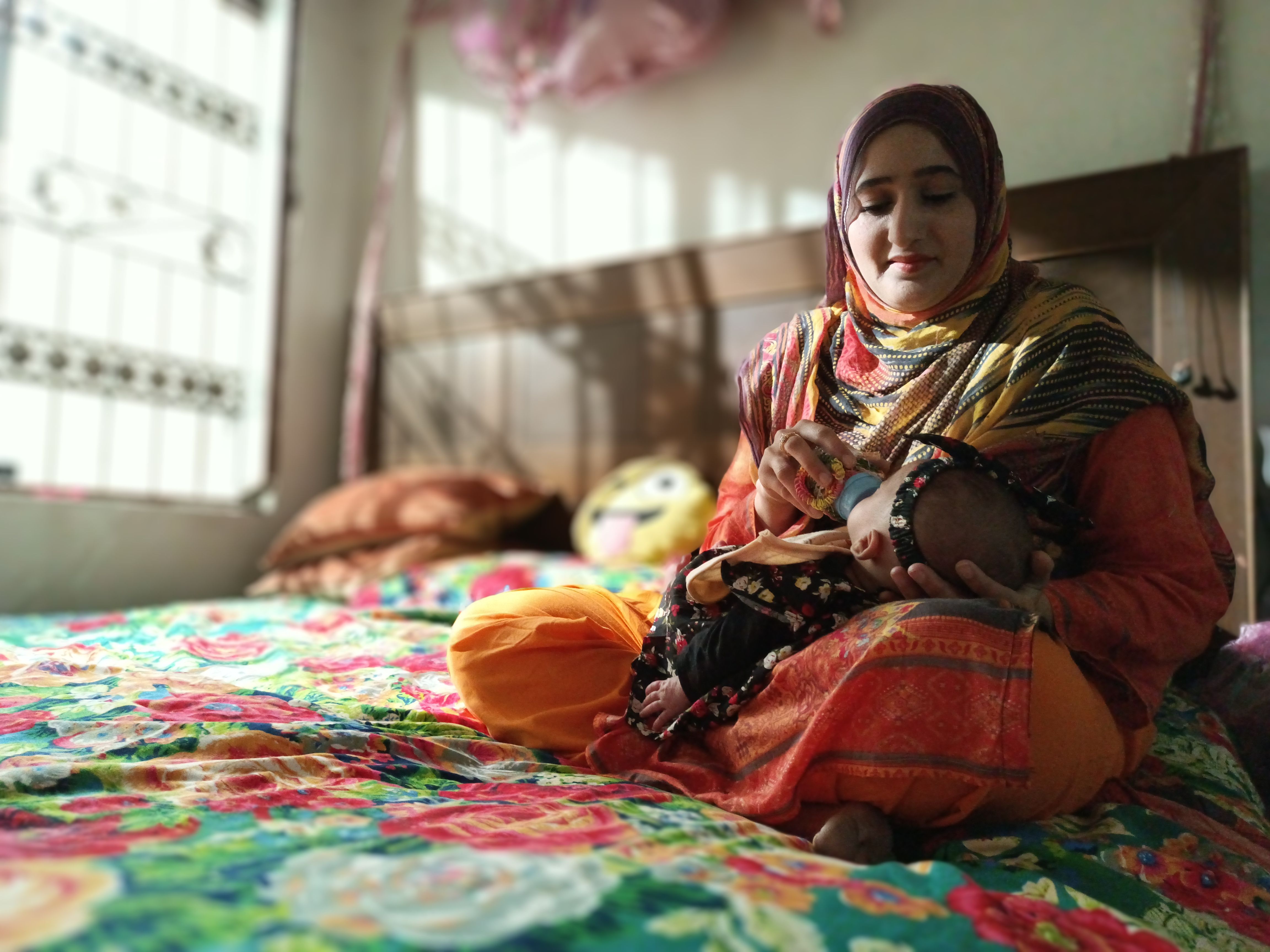
As Ayesha forayed into motherhood after a 11-year long wait, her struggle and commitment got a new meaning. The three-month old Umme Aiman has taught her to be more patient and empathetic towards parents, especially mothers, who are reluctant to get their kids vaccinated.
“As a mother, I’m thankful to Islamic Development Bank and LLF for providing us with vaccines and saving our future generations from lifelong disability and dysfunction,” concludes Ayesha with a smile in her eyes.

At work, ‘Tikoo’ – vaccination mascot - is Ayesha’s best friend that keeps her daughter and other children protected from fatal diseases.
Ayesha Reza is one of the 300,000 stories of inspiration, courage, and grit. Our frontline health workers and vaccinators are heroically driving the polio eradication program forward. A marked increase in vaccination rates, community awareness levels, and general trust in the local healthcare system are direct results of their efforts.
Cookies
By browsing our website you accept our Terms and Conditions
